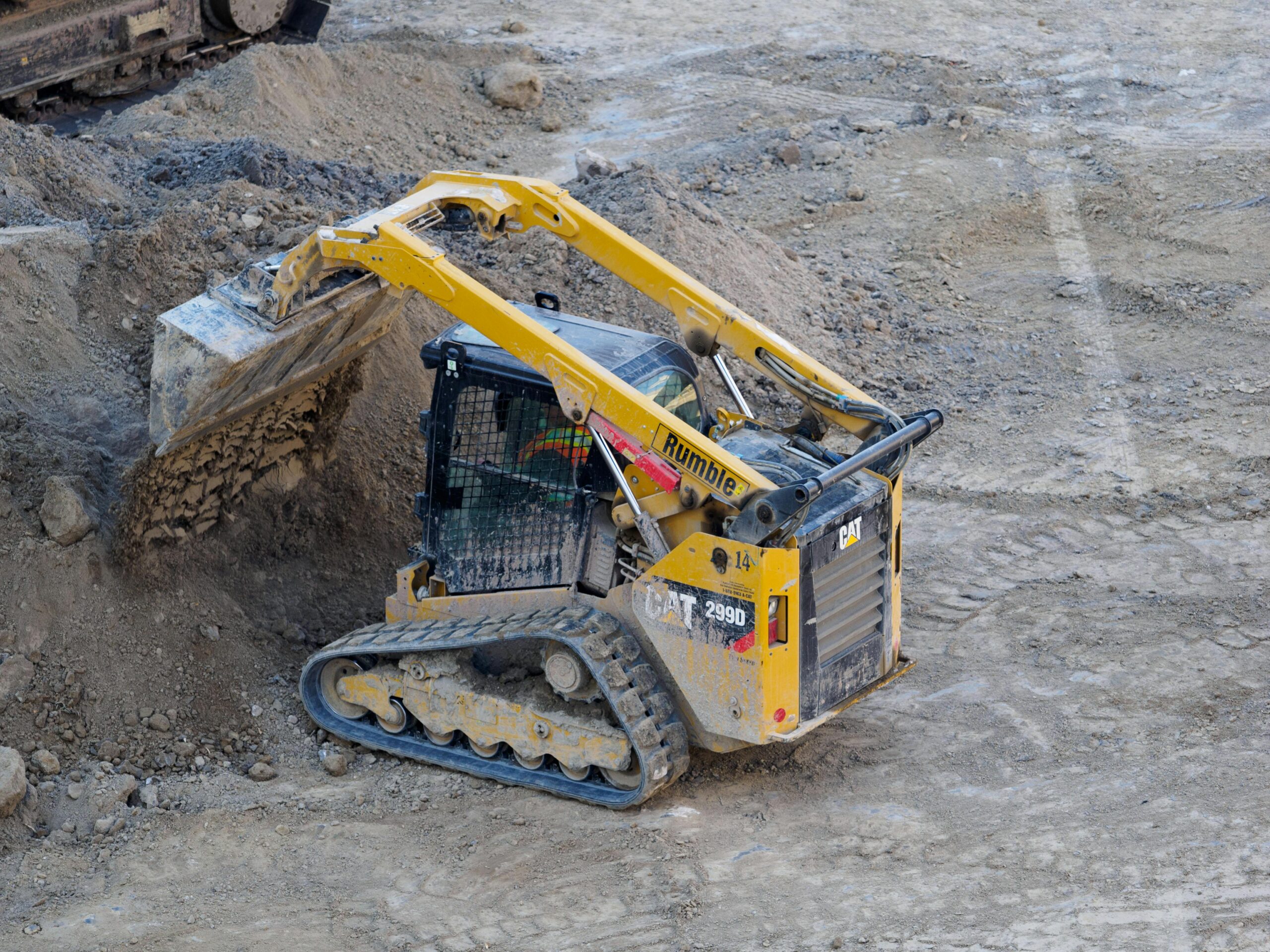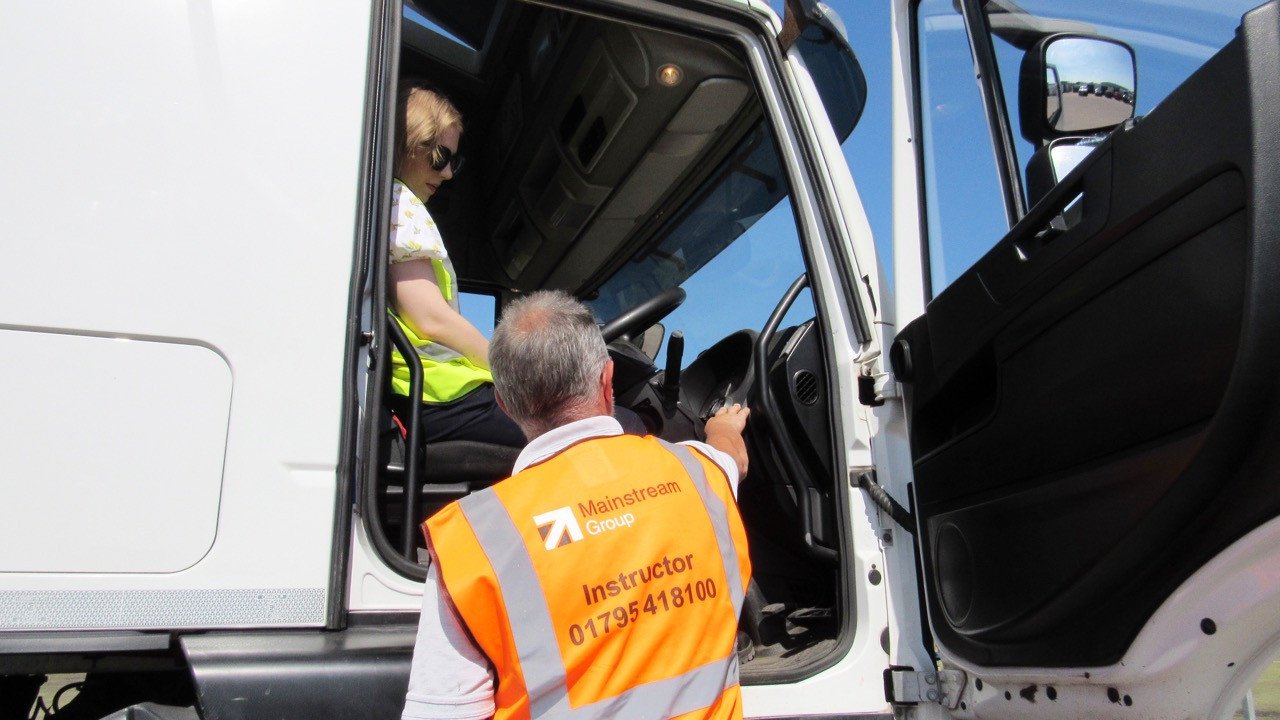
Plant operators are the backbone of construction, infrastructure and civil engineering projects. They are responsible for operating heavy machinery such as excavators, bulldozers, dumpers, rollers and cranes.
If you are looking for a rewarding career that doesn’t require a university degree, offers a competitive salary, has opportunities for career development and is in an active job environment? Becoming a plant operator might be the job role for you!
- Research
Before starting the process of becoming a plant operator it is essential to do some research and self-assessment. We recommend you take the time to understand what the job involves, where the demand for workers is and the specific skills that are required.
Remember to think about your own interests and physical ability to ensure the career is a good fit for you.
Click this link to the Gov Website with a list of current vacancies for Plant Operator in the UK so you can check your local area.
- Educational Requirements
One of the perks of becoming a plant operator is that it doesn’t typically require a degree. Instead, you can gain the required qualifications through specialised programmes and certificates, such as those offered here at Mainstream Training.
We offer various courses that are recognised by the National Plant Operators Registration Scheme (NPORS) such as our Loading Shovel Course and our 360° Excavator Course.
Certifications are a legal requirement for operators, to ensure they meet industry safety standards and can operate machinery safe and efficiently. NPORS certifications are widely recognised in the industry and can significantly enhance your employability.
An Apprenticeship is also a good option as this combines on-the-job training with off-site learning. This Gov link will provide you with a list of courses available to enrol on all over the country.
- Choose a specialisation
Plant operators work with a wide range of heavy machinery such as excavators, bulldozers, dumpers, rollers and cranes. Depending on your interest and career goals, you could choose a speciality in a particular type of machinery, this can open more opportunities for growth and potentially lead to higher pay.
- Gain experience
To do well in this industry, experience is vital. Many training programmes include hands-on training and on-the-job opportunities. You could also kickstart your career in this field as a construction labourer to gain valuable experience before transitioning into a plant operator position.
- Start applying!
Highlight your education, relevant certifications (e.g., CPCS, NPORS, CSCS), and hands-on experience operating and maintaining heavy machinery. Emphasise your strong commitment to health and safety standards, your technical proficiency with various types of plant equipment, and your ability to work efficiently in fast-paced, safety-critical environments.
With your education, certifications and CV in hand, start applying for plant operator positions as soon as possible. Entry-level positions may include equipment operator, machine operator or labourer. Once you secure a job, continue to refine your skills and gain experience, and then go on to specialise in machinery that most appeals to you.






